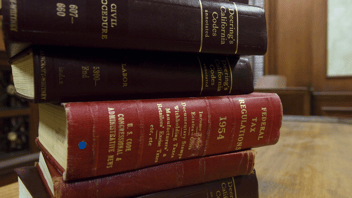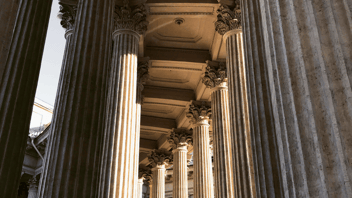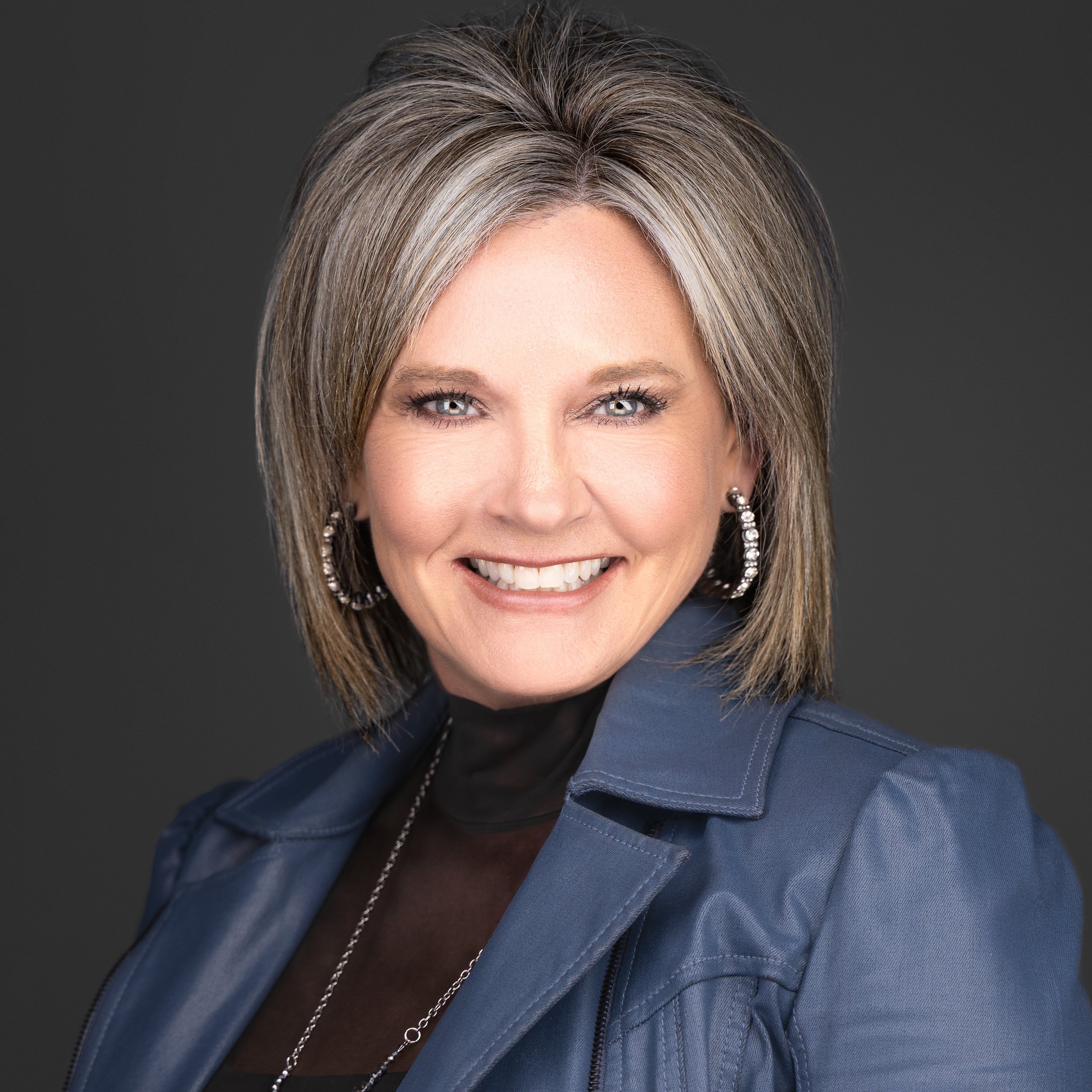
3 minute read
Why Juror Bias Is As Important As Your Evidence
One of the most common and fatal miscalculations made in trial strategy is relying heavily on the persuasive power of evidence and underestimating the power of juror bias in the first moments of trial.
Never assume that jurors make informed decisions on the basis of the evidence.
In reality, juror attitudes and verdicts are shaped much more by the biases they bring into the courtroom that predispose them to choose one side’s case over the other.
A trial is ultimately about jurors making choices between the versions of reality offered by the plaintiff and the defense.
Understanding the Role of Preconceived Bias
Although the justice system demands that jurors make these choices based solely on an objective view of the evidence presented, cognitive psychology understands that this is impossible.
Jurors are forced to rely on their cognitive framing of the case to make these choices, and the jurors’ framework of the case colors their interpretation of the evidence to fit their preconceived ideas.
If a juror goes into trial believing that doctors are honest, benevolent, highly trained, and competent, this juror will almost certainly justify the plaintiff’s evidence of malpractice in a manner favorable for the doctor.
.jpg?width=640&name=hush-naidoo-yo01Z-9HQAw-unsplash%20(1).jpg)
To this juror, it is more likely that the evidence was manufactured or has a reasonable explanation than proof of malpractice.
Because the presentation of evidence comes long after the jurors have heard what the case is about and who is involved, the jurors build the framework that determines how they view the evidence, based largely on biases and predispositions.
As illogical as it may seem, jurors determine what happened on the basis of what they believe is more likely to have happened in a given situation rather than waiting for the evidence to speak for itself.
Take the example of an insurance bad faith case. Logically speaking, everyone would agree that there are some situations in which insurance companies mistreat policyholders and some situations in which policyholders mistreat their insurers.
Anyone would agree that the best way to determine who is at fault in any given case would be to examine the evidence: the insurance policy, the claims, and evidence of damage and how both parties interacted.
In practice, jurors never evaluate the evidence objectively.
They have formed impressions of credibility and what is more likely to have happened before they view the evidence and use their predispositions to make the evidence fit their framework.
How To Identify and Overcome Bias in Trial
In insurance bad faith cases, some jurors are predisposed to trust insurance companies and mistrust plaintiffs. They may:
- Have positive experiences with insurance companies
- Work for an insurance company
- Have negative attitudes toward plaintiffs
- View lawsuits as frivolous
- Belong to a personality type known as authoritarian that blindly trusts institutions.
If asked prior to trial in voir dire, these jurors would tell you that it is far more likely for the holder of a claim to exaggerate claims and defraud an insurance company than for an insurance company to refuse to pay claims they are entitled to pay.
Another group of jurors may be predisposed to distrust the insurance company. They have likely had negative experiences with insurance companies and negative attitudes toward large corporations in general.
These jurors likely view corporations as greedy, unethical, and profit-driven, and will find it much more likely for an insurance company to defraud its policyholders than vice versa.
.jpg?width=640&name=kelly-sikkema-1YeQl23dvJI-unsplash%20(1).jpg)
These pre-trial attitudes will be far more influential in shaping the verdict than the evidence itself. Prior experiences and deep-seated beliefs determine what a juror will readily believe.
Once predisposed, a juror is very difficult—if not impossible—to rehabilitate and to persuade to believe something that does not fit their view of the world.
In your next trial, think about your case, not in terms of the evidence, but in terms of the arguments involved.
Think about the type of experiences and attitudes that would predispose a person to find your account of what happened a more likely scenario than that of opposing counsel.
Get the latest from The Brief directly in your inbox
Harry Plotkin is a nationally renowned jury consultant and leading voice in jury decision-making, psychology, and persuasion. Since 2001, he has helped shape the outcome of more than one thousand trials in California and across the country. He owns and operates Your Next Jury Trial Consultants and is the facilitator of Steno Focus Groups.
AVAILABLE NATIONWIDE
The court reporting you need. The service you deserve.

Recommended for you:


The Importance of Choosing Your Words Wisely in Jury Trials
If you know me, you know how strongly I feel that facts don’t win trials by themselves and don’t...
Read Blog Post





.png)


-1.png)